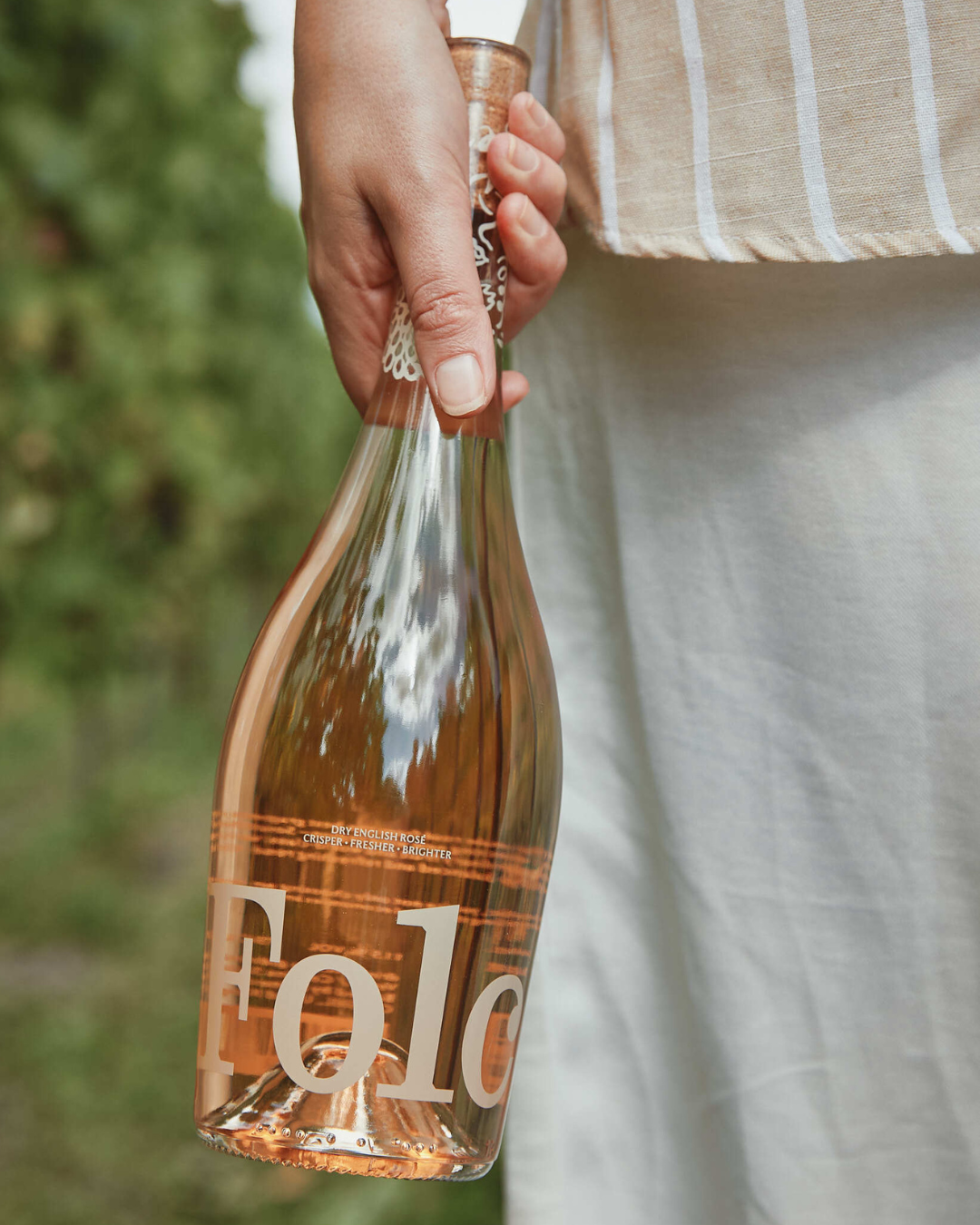England and the winemaking world map haven’t historically gone hand in hand, but English wine is taking the wine world by storm, and with good reason! From being highly awarded at internationally recognised wine competitions, to exported to more than 40 countries worldwide, it’s high time we sat up and took notice of a growing winemaking country earning its stripes.
You may be surprised to hear that there are over 700 vineyards in Great Britain, with an estimated production of 40 million bottles by 2040. Soon, you’ll be swapping an afternoon glass of French white for a drop of something made a little more closer to home (and in some cases, in your very own backyard!)
So. We bet you’re wondering how English wine has gone from being a bit of an underdog to a serious competitor on the world stage and the first choice for many drinkers globally? Well, it’s all down to some magic soil composition, a changing climate and forward-thinking, experimental growers.

While English wine expert and aficionado Oz Clarke describes England as a producer of “the newest of New World wines”, English wine production actually dates back over 2000 years to Roman times, however, the magic has only really happened recently. Evidence suggests most Roman wine was actually imported via ships and the planted vines were more of an attempt rather than a success; it was simply too dark and wet. Around 1000AD the “Medieval Warm Phase” happened and the harvesting of red grapes took place with a little more ease, however by 1400 “The Little Ice Age'' had descended on England and lasted until 1850. The Thames played host to skaters and ice markets in the Winter, but the climate was less than ideal for growing wine.
Wealthier landowners dabbled in planting a few vines here and there on their own vast estates but English winemaking certainly held no importance globally. Post WWII more vines were planted on higher ground in Oxted, and Britain proved that vines could at least survive and yield wine. The 50s and 60s saw some success in Hampshire and Sussex, and the 1980s produced some reasonable bottles, due to the British enthusiasm for sweet German wines - adding sugary grape juice apparently helped - but nothing truly groundbreaking happened until the 1990s and “the Nyetimber effect”.
Growers such as Nyetimber have vineyards in Kent (as well as Sussex), and during the 90s were part of an English sparkling vs champagne tasting, where they won the blanc de blancs round – 13 out of 14 tasters thought it was Champagne and it won the trophy for the best sparkling wine in the world in 1998. This is known as the Nyetimber effect, and proved that England could hold its own against the legendary French region. With the same chalky soils as Champagne, the same traditional methods used to make Champagne (98% of British sparkling produced in 2019 used this traditional method), and roughly the same temperature as Champagne (due to increased global warming), English wine produced in Sussex and Kent suddenly became a serious player on the world stage. Cheers to that!

The Nyetimber effect is one of the reasons why we’ve chosen to produce Folc in Kent and why we want to do our part to put still English Rosé on the map - we believe that English wine has its own unique and wonderful flavour and that rosé doesn't always need to come from the South of France! We’re passionate about English wine and are bringing Folc and English rosé to the forefront of our customers’ palates as part of a bigger movement, and to create an experience and memorable moments for them. Long live English rosé!
English wine is fast becoming synonymous with quality, and it is the ambition and talent of top English growers such as Langham, Rathfinny and Nyetimber that English sparkling sits aside Champagne on wine lists around the world. By 2040, English wine is expected to be worth some 1 billion GBP and while 67% of English wine sold in 2019 was sparkling, the 33% that made up the still sales is expected to increase (especially now that Folc is on the scene!)
Back to Mr Clarke, who firmly believes Britain has hit her stride when it comes to wine production – this is the golden age. English sparkling has landed firmly on the map, but still wine is starting to have a major moment in the sun too. A mixture of rising global temperatures coupled with our generally cool climate and young, experimental and passionate winemakers who can adapt and move with changing times means that there is no better time to be drinking English wine.

Increased temperatures mean increased sugar in English grapes, which means that still wine has a very promising future ahead of it indeed. Pink wines are predicted to have particular success over the next 10-20 years, with the English climate allowing for excellent Rosé wine to be produced from red grapes which have not fully ripened yet. In Clarke’s words, “I would prefer English to Provence as my rosé thirst quencher any day.” Folc is the perfect place to start.

